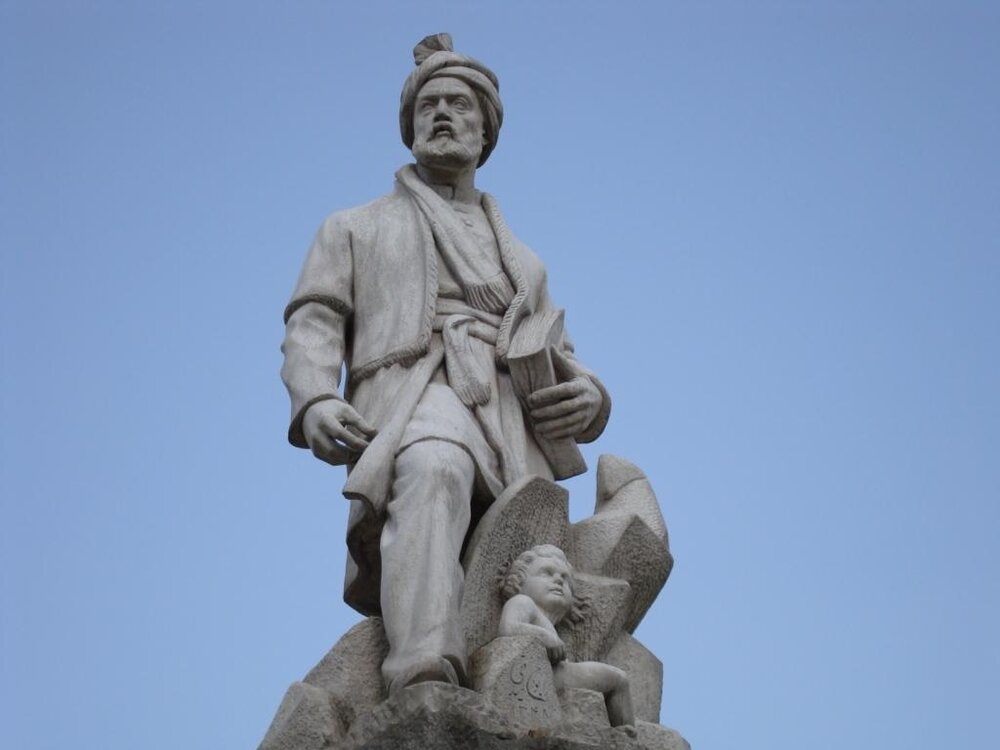Iconic Ferdowsi statue in Tehran to undergo meticulous restoration

TEHRAN—After some 63 years of its creation, special restoration work will begin on a statue of Ferdowsi installed in a major Tehran square named after the illustrious Persian poet.
Tehran Municipality’s Beautification Organization is to organize consultative and consultation meetings with domestic and foreign scientific and academic centers to formulate the process of restoration, Mehr reported on Sunday.
The statue of Ferdowsi is one of the most luxurious works of art in Tehran, which, due to its importance and spiritual value, has received attention at the national and international level, a municipality official said.
Created by Abolhassan Seddiqi, Ferdowsi’s statue is situated in Ferdowsi Square. Born in 1894 in Tehran, Seddiqi created many statues of great Iranian luminaries and also made some great artwork during his time in Italy. In 1991, the Iranian National Commission for UNESCO decided to take photos of Seddiqi’s statues and published a book of his creations three years later.
Ferdowsi was born in a village on the outskirts of the ancient city of Tus. In the course of the centuries, many legends have been woven around the poet’s name, but very little is known about the real facts of his life.
His Shahnameh, a poem of nearly 60,000 couplets, narrates a history of the kings of Persia from mythical times down to the reign of Khosrow II (590–628), but it also contained additional material continuing the story to the overthrow of the Sasanians by the Arabs in the middle of the 7th century.
These verses, which deal with the rise of the prophet Zoroaster, were afterward incorporated by Ferdowsi, with due acknowledgments, in his own poem. Experts say its language, based as the poem is on a Pahlavi original, is pure Persian with only the slightest admixture of Arabic.
The Shahnameh, finally completed in 1010, was presented to the celebrated sultan Mahmud of Ghazna, who by that time had made himself master of Ferdowsi’s homeland, Khorasan.
Many Iranians regard Ferdowsi as the greatest of their poets. Down through the centuries, they have continued to read and listen to recitations from his masterwork.
Though written some 1,000 years ago, this work is as intelligible to the average modern Iranian as the King James Version of the Bible is to a modern English speaker.
For Iranians, it is the historical backdrop of their country's great past, saved forever in the vibrant and grand stanza.
AM
